Search
Remove Ads
Advertisement
Search Results
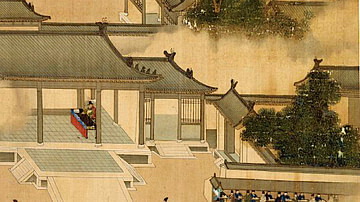
Article
The Civil Service Examinations of Imperial China
The civil service examinations of Imperial China allowed the state to find the best candidates to staff the vast bureaucracy that governed China from the Han Dynasty onwards (206 BCE - 220 CE). The exams were a means for a young male of any...
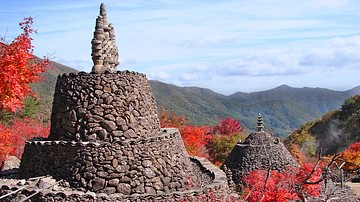
Article
Shamanism in Ancient Korea
Shamanism was widely practised in Korea from prehistoric times right up to the modern era. It is a belief system which originated in north-east Asian and Arctic cultures, and although the term shamanism has since acquired a wider meaning...
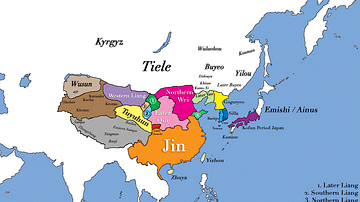
Image
East Asia in 400 CE
This map shows all major civilizations of East Asia at the beginning of 4th century CE. Italicized texts indicate nomadic bands or tribal societies.
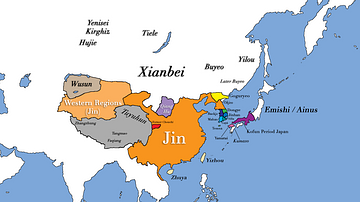
Image
East Asia circa 300 CE
This map shows all major civilizations of East Asia at the beginning of the 3rd century CE. Italicized texts indicate nomadic bands or tribal societies.
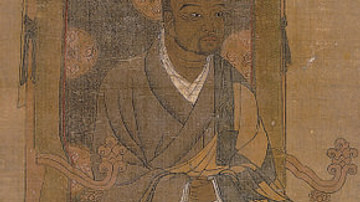
Definition
Wonhyo
Wonhyo (l. 617-686 CE) was a Korean Buddhist philosopher whose works impacted a wide array of later philosophers and writers through his teaching that one’s interpretation of the world created one’s reality. He is highly regarded as the greatest...
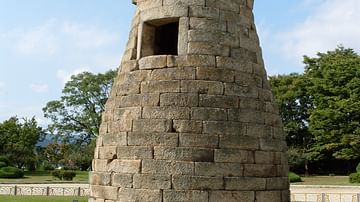
Image
Cheomseongdae Observatory, Gyeongju
The 7th century CE Cheomseongdae Observatory at Gyeongju (Seorabeol), the Silla capital, South Korea. The structure is listed as a Korean national treasure.
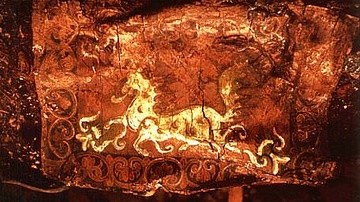
Definition
Cheonmachong
Cheonmachong is a 5-6th-century CE royal tomb of the ancient Silla kingdom of Korea located at the Daereungwon Tomb Complex in Gyeongju. It is popularly known as the 'Heavenly Horse Tomb' because of a painting of that animal on a birch-bark...

Image
Gilt-bronze Maitreya
A gilt-bronze statue of Maitreya (the coming Buddha). Three Kingdoms Period, c. 600 CE, Korea. (National Museum of Korea, Seoul, South Korea)
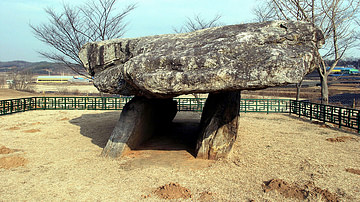
Article
Dolmens of Ancient Korea
Dolmens (in Korean: koindol or chisongmyo) are simple structures made of monolithic stones erected during the late Neolithic period or Korean Bronze Age (1st millennium BCE). In ancient Korea they appear most often near villages and the archaeological...
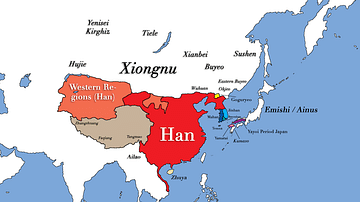
Image
East Asia in the year 1 CE
This map shows the boundaries of all major civilizations in East Asia at the beginning of the first millennium, with italics indicating nomadic bands and other tribal societies.